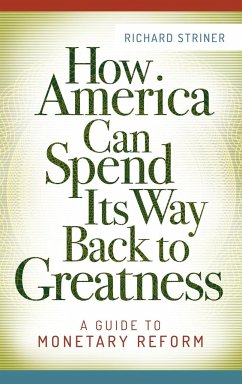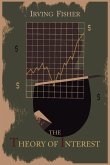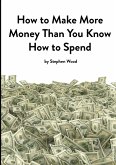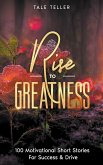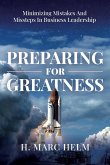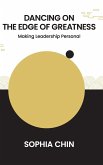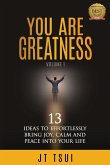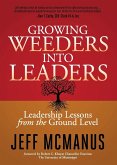Providing a unique perspective on economic history and policy, this book shows how a daring method once recommended by top economists could be adapted to help America pay for the things it needs. Written in a crisp, fast-paced style, this groundbreaking work presents an in-depth account of monetary theory and practice as the basis for its suggestion of a new system of money creation. First, the economic history of the United States is explored, with special emphasis on the years from the Civil War to the Great Depression. The proposal that follows, based on a long-lost method of money creation, is related to that context, as well as to America's current situation, both economic and political. Readers will learn how banks have created most of America's money supply since the nation's founding, but also about experiments with an alternative system in which the government plays that role. The crux of the book is an examination of the way in which the two systems could be harmonized to pay for public necessities without increasing taxes or national debt. The proposed new system of money creation would incorporate two complementary money streams-the existing banking system run by the Federal Reserve and a new stream of money created by Congress. By integrating the "Greenback" method with the fiscal and monetary status quo, the author argues, the United States could spend its way back to greatness.
Hinweis: Dieser Artikel kann nur an eine deutsche Lieferadresse ausgeliefert werden.
Hinweis: Dieser Artikel kann nur an eine deutsche Lieferadresse ausgeliefert werden.

